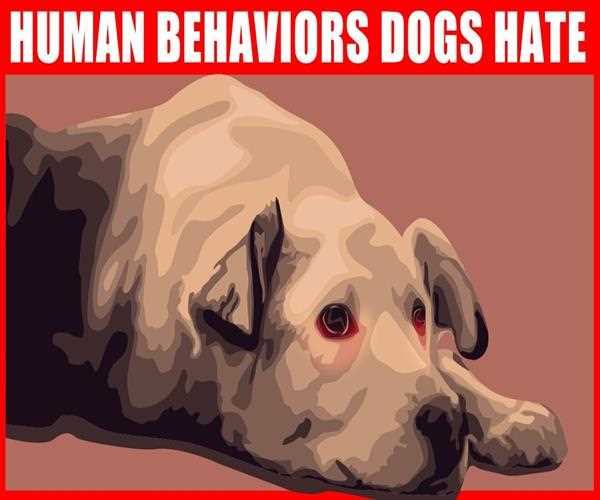It's difficult to determine with certainty which human behavior animals hate the most since each species and individual animal have their own unique set of preferences, dislikes, and reactions. However, there are certain human behaviors that are likely to be universally disliked by animals due to their instincts, survival mechanisms, and natural behaviors.
One of the most significant human behaviors that animals tend to dislike is intrusion into their habitats. As humans continue to expand their cities and towns, they often encroach on natural habitats that animals have inhabited for generations. This disruption of their natural environment can lead to changes in animal behavior, such as increased aggression, stress, and territoriality. Animals may see humans as a threat to their survival and react accordingly.

Another human behavior that animals often dislike is loud noises. This is especially true for domesticated animals, such as dogs and cats, who may be sensitive to loud noises and sudden movements. Fireworks, construction work, and other loud noises can cause significant distress for animals, leading to increased anxiety, aggression, and even health problems.
Additionally, animals may dislike certain human behaviors that they perceive as a threat. For example, when humans make direct eye contact with animals, it can be seen as a challenge or threat. Similarly, sudden movements or loud noises can trigger a fight-or-flight response in animals, leading to aggression or escape behaviors.
Humans also often bring their own pets into natural habitats, which can cause disruption and distress for wild animals. Domesticated animals, such as dogs and cats, can be seen as predators by wild animals, leading to increased stress and aggression.
Finally, humans sometimes intentionally harm animals or engage in behaviors that negatively impact the environment. For example, littering or pollution can lead to the death of animals or the destruction of their habitats. Hunting and poaching are also harmful to animals and can cause significant stress and trauma.